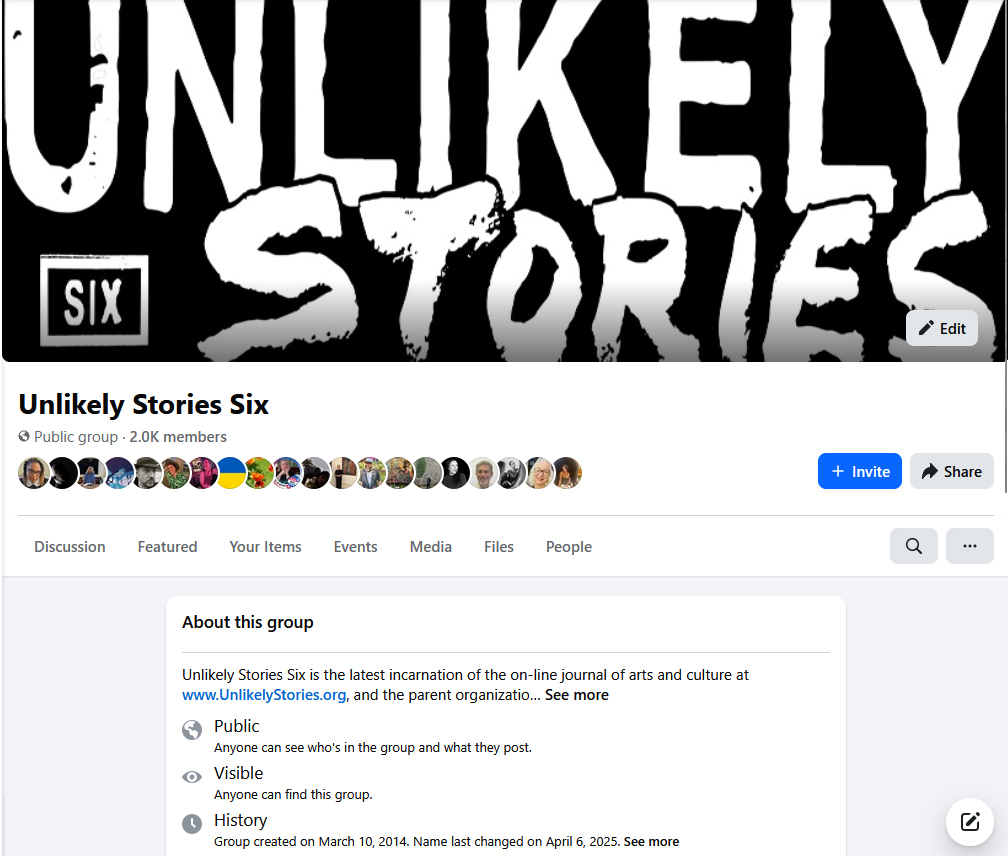Suggested Edits
Original:
The boy builds a tower from matchsticks.
It falls at dawn.
Suggestion:
Make the boy older.
Give him a home.
Let him look at the sky
and lie about the weather.
Original:
She waits on the porch
for something that won’t knock.
Suggestion:
Strike the porch.
Replace with air missile or apartment balcony.
Add a radio tuned
to an obsolete language.
Original:
We buried the radio beside the fence.
Suggestion:
Clarify we.
Was it the family, or
just the one who kept
answering silence with static?
Inheritance
They say the Library of Alexandria burned
in a single night—
the torch held high by the Romans,
or maybe by the early Christians
who saw knowledge as heresy.
But some believe it wasn’t fire
that took the scrolls—
it was a slow, quiet erasure,
a sifting of words through forgotten hands,
the fading of ancient ink into dust,
as if the stories of the world
were never meant to last.
I think of this every time I forget
the name of a spice
my grandmother used to mix in the kitchen—
a blend of cumin, turmeric, and a secret touch
she’d grind with the back of a wooden spoon,
her hands strong and sure,
sinking into the stone mortar
like a ritual passed through generations,
from the time of the Pharaohs,
when this earth first smelled of saffron
and the Nile carried wisdom
to those who could read its currents.
She’d hum as she worked,
something soft in Arabic,
a lullaby that sounded like nonsense,
words I could never catch.
I always thought they were just melodies,
nothing more than the hum of home,
but they were fragments,
fragments of the poetry of Rumi,
the ancient incantations
from the tombs of forgotten kings.
Now I hum it
without knowing why,
the tune lodged in my chest
like a piece of broken history,
suspended in a language I don’t speak,
but remember in the curve of my tongue,
in the heat of the kitchen’s pulse.
I catch the scent of those spices
in someone else’s kitchen,
and it hits me like smoke—
a grief that has no origin,
only the ashes of something lost
before I was born,
before the city of knowledge
fell to the flame under Caesar’s hand,
before the Crusaders marched
and the ink of Aristotle and Hypatia
was scorched
and scattered
into the winds of Alexandria.
Sestina
We gathered by the tracks behind the factory
where the bricks still held the shape of work.
The wind tugged at our jackets—cold
even in April. Someone brought coffee
in a thermos that once belonged to Stan,
who’d never missed a shift in thirty years.
We counted the years
like nickels, talked about the factory
as if it were a person. Stan
said it’s strange to measure worth by work—
but we all did. The coffee
tasted burned and cold.
Everything felt cold.
We joked to pass the years,
filled the silence with coffee
and old stories. The factory
had been a rhythm. Now the work
was learning to be still. Even Stan
had gone quiet. Stan,
who used to tell dirty jokes when the cold
came in through broken vents. Now the work
was in his hands, shaking after all these years—
not Parkinson’s, just time. The factory
had a pension. Coffee
cups sat steaming. Someone spilled coffee
on a paycheck stub, said Stan
should frame it, keep the factory
alive a little longer. We laughed in the cold,
in that field of after, where years
pile up like extra shifts, where work
becomes the memory of work.
Even now, I smell burnt coffee
and think of those years,
of the time Stan
said a man needs heat in the cold—
and all we had was factory
ghosts. Stan, work, and coffee
in a cold wind. The factory gone,
but years left to measure in dust.




Add comment